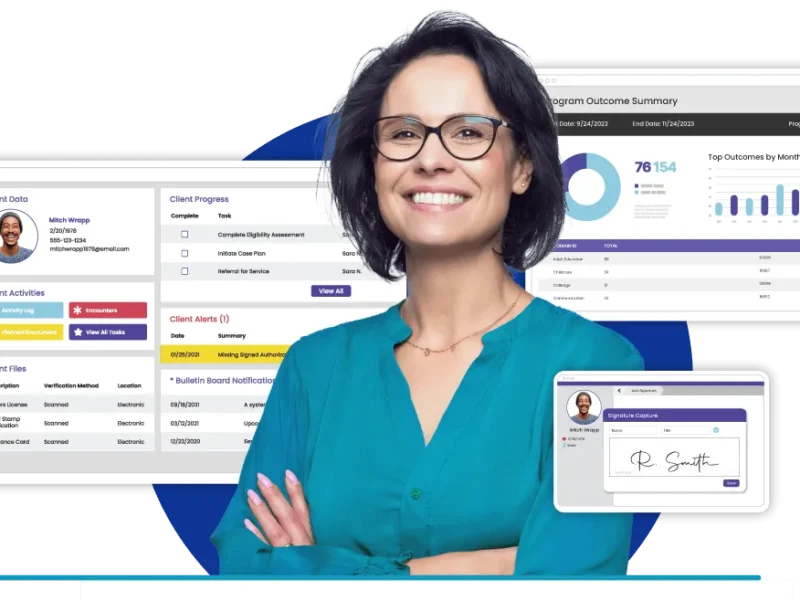In today’s rapidly evolving healthcare landscape, providers are under immense pressure to deliver quality care while ensuring financial sustainability. One of the most critical—but often underappreciated—pillars supporting this balance is Revenue Cycle Management (RCM). From the moment a patient schedules an appointment to the final payment of the medical bill, RCM orchestrates the entire financial journey. It ensures that providers get reimbursed accurately and promptly, keeping the wheels of healthcare running smoothly.
What is Healthcare Revenue Cycle Management?
Revenue Cycle Management (RCM) is the process healthcare organizations use to track the financial journey of a patient—from registration and Security verification to billing, collections, and final payment. It combines administrative data with the treatment data (diagnosis and procedure codes), facilitating proper billing and collections.
RCM services aim to optimize this process by reducing denials, accelerating cash flow, improving patient satisfaction, and ensuring compliance with regulatory standards.
Why is RCM Crucial in Healthcare?
- Rising Operational Costs:
Healthcare providers face growing costs in staffing, technology, and compliance. Efficient RCM helps streamline processes and cut down on overhead. - Complexity:
Navigating multiple payer contracts, prior authorizations, and coding requirements requires specialized knowledge. RCM experts help providers reduce errors and denials. - Patient-Centric Models:
With high-deductible health plans on the rise, more financial responsibility falls on patients. A seamless RCM system enhances transparency and improves patient collections. - Regulatory Compliance:
Laws like HIPAA, the No Surprises Act, and value-based care models necessitate accurate coding, documentation, and reporting—functions integral to effective RCM.
Key Components of RCM Services
- Patient Registration and Eligibility Verification
Accurate data entry at the beginning of the cycle prevents downstream issues. RCM teams verify eligibility, coverage limits, and co-pays before the visit. - Medical Coding and Charge Capture
RCM professionals translate diagnoses and procedures into standardized codes (ICD-10, CPT). Precision in coding is essential for correct reimbursement and avoiding audits. - Claim Submission and Denial Management
Timely and clean claims increase the chances of quick payment. In case of denials, RCM experts analyze the reasons and resubmit corrected claims promptly. - Payment Posting and Reconciliation
RCM systems track every dollar received and ensure it’s posted accurately against the correct patient and service. - Accounts Receivable (A/R) Management
Proactive follow-ups on outstanding payments reduce aging A/R and improve the overall financial health of the provider. - Patient Billing and Collections
Clear and patient-friendly statements, along with flexible payment options, improve patient collections and satisfaction.
Benefits of Outsourcing RCM
Many healthcare providers, especially small to mid-sized practices, choose to outsource RCM to specialized firms. Here’s why:
- Expertise: Dedicated RCM firms have teams skilled in billing rules, payer guidelines, and technology.
- Focus on Core Care: Providers can focus on patient care without the administrative burden.
- Cost Efficiency: Outsourcing reduces the need for in-house billing staff and associated infrastructure.
- Technology Integration: Advanced analytics, automation, and AI-driven tools enhance accuracy and insights.
- Scalability: RCM partners can easily scale with the growing needs of your organization.
The Future of RCM: Tech-Enabled Transformation
Modern RCM is evolving rapidly with the infusion of AI, machine learning, and robotic process automation (RPA). These technologies reduce manual errors, speed up claims processing, and provide predictive analytics for smarter decision-making. Patient engagement tools, like online payment portals and real-time eligibility checks, are also redefining the patient financial experience.
Conclusion
Healthcare RCM services are not just about billing—they are about creating a financially sustainable healthcare ecosystem. When executed effectively, RCM not only boosts revenue but also improves patient satisfaction, enhances compliance, and empowers providers to focus on what they do best: caring for patients. As healthcare becomes more complex and consumer-driven, the role of RCM will only grow more vital.


